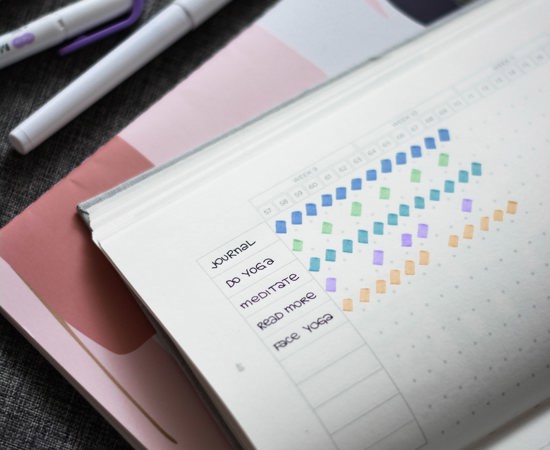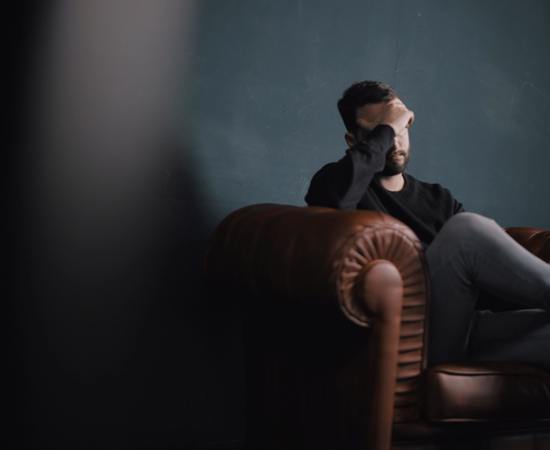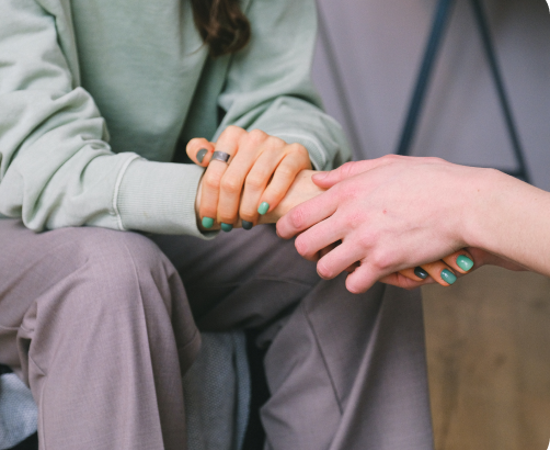How to Relax Without Alcohol
Many people use alcohol as a way to relax and unwind. It’s not uncommon to see people drinking beer or wine at the end of a long day. Our culture is full of images and messages that tell us that drinking alcohol is the best way to relax. While a couple of drinks after a long day may seem harmless, many people use alcohol as a way to cope with stress or anxiety, and this can lead them down a dangerous path of dependence and an increased risk of addiction.
This article will look at several much healthier ways to relax without alcohol.
Stress and Alcohol
Alcohol relaxes, that's a fact. This is one of the main reasons why it has become one of the most abused drugs. It acts as a mild sedative that slows down communication between the neurons in your brain. Alcohol consumption has a particularly strong influence on the frontal cortex (the front part of your brain), which is the part responsible for self-control and social functioning. This is why alcohol can make you feel more relaxed and sociable, but in turn impairs your ability to think clearly.
The brain and body have a complex and delicate system of chemical and physical processes that keep them balanced. Since alcohol is a depressant, it causes a negative disruption to this balance, and therefore, the more you drink, the more your body’s chemical system is affected.
Cortisol, the primary stress hormone that helps regulate your body's stress response among other important functions, is one hormone that is particularly affected by alcohol.
Alcohol increases the amount of cortisol released, shifting the chemistry of the brain and changing what the body sees as "normal."
According to research from JCEM, cortisol interacts with the brain's reward or pleasure systems, which may help explain how alcohol has a reinforcing impact on users by making them need to drink more to get the same effect over time. Cortisol can also encourage habit-based learning, raising the likelihood of developing a drinking dependency and causing a vicious cycle.
Physical activity
When you get the right amount of physical activity, your body releases endorphins, which are chemicals that can make you feel happier and less stressed.
It has been found that even brief amounts of physical activity each day can reduce stress.
Different forms of exercise provide different responses for different people, so it’s worth experimenting with different methods of exercise until you find one that truly resonates with you and your lifestyle. The effects of exercise are cumulative, meaning they build up over time. This means, unlike alcohol, exercise truly reduces stress, both immediately and long-term.
In addition, exercise can also help you sleep better. Studies have found that people who are physically active tend to have higher quality sleep than those who aren’t as active.
Writing or journaling
Journaling is a powerful tool for stress relief and offers many other emotional and physical benefits, such as improving immune function and boosting mood and memory.
While some may find it counterintuitive to write when you're feeling overwhelmed, journaling is a very effective method to get rid of negative emotions and recognize triggers that cause or exacerbate feelings of stress.
When we journal, we get an opportunity to reflect on our experiences, both good and bad. This reflection often leads to new insights into how we can improve our lives. When we feel stressed out, it's hard to see past the immediate issues. Journaling gives us a chance to step back from the situation and gain perspective on what's going on in our lives.
Reading
Reading is another great way to relax and decompress. In fact, one study by the University of Sussex found that reading for just six minutes a day can significantly reduce stress levels by up to 68%. And it doesn't only benefit your brain. It has also been shown to lower blood pressure.
It's a great way to take your mind off the things that are stressing you out and can be a great way to get some knowledge and inspiration to help you through difficult times.
Beyond being a way to learn and de-stress, reading can also be a powerful way to, directly and indirectly, improve empathy because it allows readers to see things from other perspectives without having any direct experience with them themselves. This can help make people more understanding of others' emotions or situations, especially when those situations seem foreign or unfamiliar- which may just help solve the thing you were stressing about in the first place.
If you don’t have time to read, audiobooks or podcasts are a great alternative if you want to de-stress and multitask while driving, cleaning up around the house, or carrying out other important tasks that don’t need your full focus.
Meditation
Meditation can help you cope with everyday stress by clearing away the mental “noise” that builds up during your daily routine. It can help you feel more in control of your life and emotions, as well as less stressed. It involves calming the mind and focusing on a single thought or object to increase awareness of what's happening now rather than dwelling on worries about the past or future.
There are many types of meditation, such as:
- Guided meditation
- Mantra meditation
- Mindfulness meditation
- Qi gong
- Transcendental meditation
Meditation can also help you develop mental discipline, which may be useful in overcoming addictions by increasing your awareness of the triggers for those behaviors. Research has shown that meditation can help people learn to direct their attention, manage their emotions and impulses—and understand the causes behind addiction.
Breathing Exercises
Breathing exercises are another powerful tool that has been proven to help many people reduce anxiety levels and build up focus during stressful situations. When you breathe deeply, it triggers a relaxation response in your body that can help you feel calmer.
This relaxation technique involves consciously controlling your breathing pattern while also focusing on something else, like music or affirmations (positive mantras). Breathing exercises can also be done while holding different postures, such as standing straight up with both feet firmly planted on the ground or sitting cross-legged with your eyes closed.
There are many different breathing exercises that work for different people, so finding the one that works best for you is important. A good place to start is by simply taking deep breaths in through your nose for 4 seconds, holding them for 7 seconds, and then breathing out through your mouth to the count of 8 seconds.
You can also use this 4-7-8 technique at night to help you fall asleep. This type of deep breathing helps the brain enter what’s called “delta-wave sleep,” which is the deepest stage of sleep.
The more you practice deep-breathing exercises, the easier it will be to apply them when you need them most.
Not All Stress Is Bad
Without stress, we don't have much motivation to do anything. Therefore, it can be a good thing. When our brains are under stress from something like studying for an important test, for example, it motivates us to focus and pay attention until our brains make sense of the subject.
It’s also an inherent survival mechanism. We will experience stress symptoms when we are faced with a dangerous situation because it’s our body’s way of signaling us to get away from something that could potentially harm us.
The problem occurs when we experience stress over long periods of time and don't have a healthy outlet for it or a way of dealing with it. Too much stress, in the long run, can lead to health problems like heart disease, depression, anxiety disorders, and chronic pain.
Identify your triggers
Start watching for patterns in the situations that cause you to feel stressed. This won't always be easy, and not every stressful situation can be easily avoided, but the more you are aware of these triggers and the more you understand them, the easier it will be to develop emotionally intelligent coping strategies.
The next time you feel yourself getting stressed out and beginning to reach for a drink, try to stop and think about what might be causing it. Is there something you can do to change the situation? Is there something you can do to change your reaction to it? It can be difficult, especially when you are in the midst of intense stressful emotions, but the more you practice this, the easier it will become to recognize what causes your stress and how to deal with it in healthy ways.
Are you or someone you love struggling with alcohol dependency or addiction? If so, you are not alone. We are here to help. We have hundreds of listings for treatment centers across the country, so you can find a facility that meets your or your loved one’s needs.


